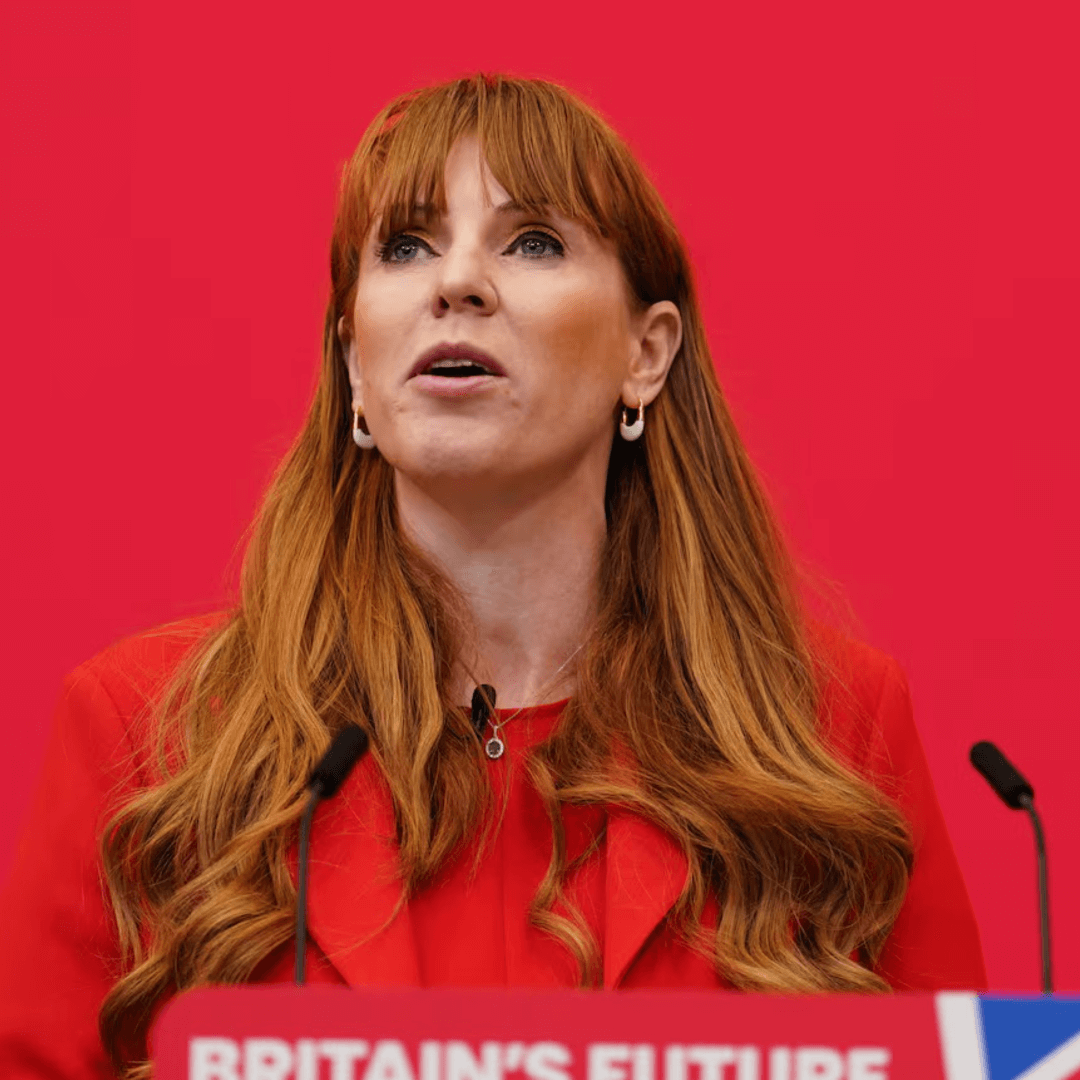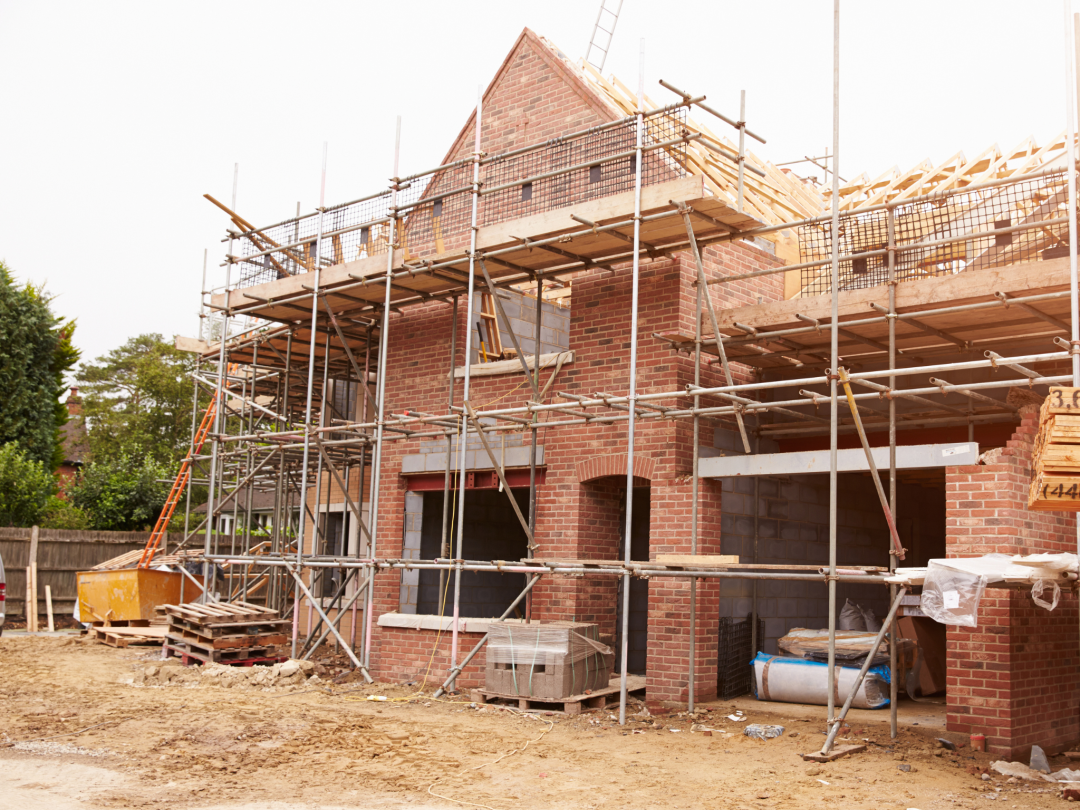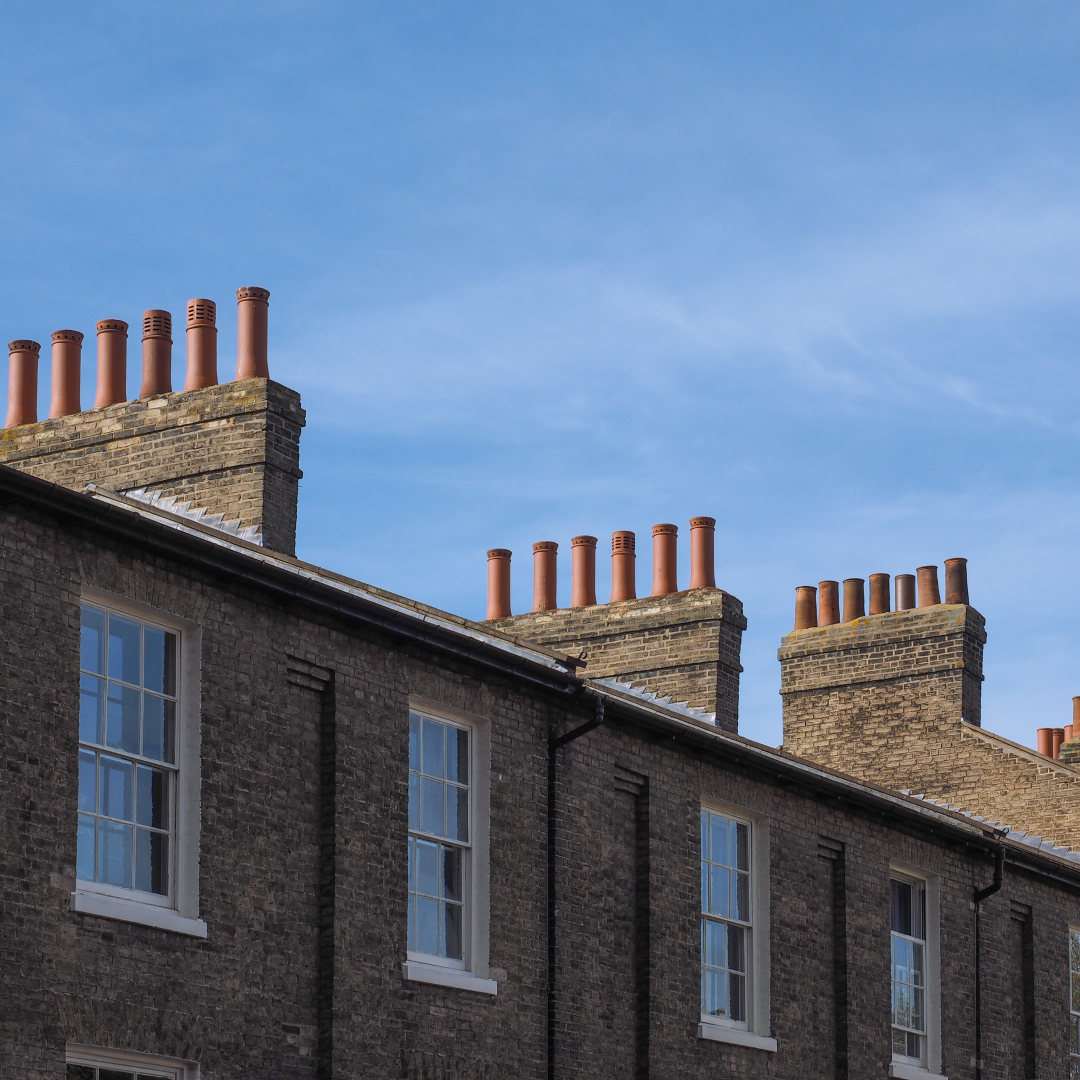Local Election Results Update
Here at Cratus we are keeping a close eye on election results across the UK. This year’s elections were already tipped to be difficult for Labour, and the initial results seem to be bearing that out.
The most notable result so far is the parliamentary by-election in Hartlepool, triggered by the resignation of incumbent Labour MP, Mike Hill. This seat has been held by Labour since it was created in 1974, but unlike neighbouring ‘Red Wall’ seats, failed to fall to the Conservatives in 2019. The Conservatives have taken the seat for the first time with a strong majority of 7000.
Whilst Labour have, as predicted, held the elected mayoralty of Doncaster, the Conservatives have already taken control of councils such as Dudley and Northumberland, and even gained seats in Labour heartlands in South Tyneside and Oldham, with Oldham’s Council Leader Sean Fielding, a rising star in the Labour Party, also losing his seat to an independent.
There have been some surprise gains and losses in individual wards, and this is shaping up to be an interesting election.
Update – 1pm
In the last hour it was announced that the Conservatives have held Brentwood Borough Council.
So far the Conservatives Party has gained 56 councillors whilst Labour have lost 57. In past years it has been extremely rare for practically all seats in local elections to shift from one of the main parties to the other, showing just how successful the Conservatives have been.
Analysis from Sky News has also found that the Conservative vote is up in most areas that voted by more than 55% to leave the European Union (EU), meaning the impact of Brexit is still proving to define the modern British political landscape.
Results from the Scottish Parliament are beginning to come in, with the SNP holding the seat of Aberdeen Donside and the Liberal Democrats holding Orkney Islands.
Prime Minister Boris Johnson has described the early election results as “very encouraging”.
Update – 1.30pm
The first handful of results are coming in from the Scottish Parliament & Senedd elections. Although little can be drawn from individual results, the SNP, Plaid Cymru & Conservatives have seen an uptick in their percentages. This would tally with returns so far in councils across England, with a marked increase in vote share for the Conservatives, a good start for the Liberal Democrats, and a poor showing from Labour.
There have already been some high-profile scalps in counties across the country, with Labour Group Leaders in Oldham, Nottinghamshire, Leicestershire, Northumberland already having lost their seats, and Labour Leaders in Derbyshire & Durham also looking set to lose theirs.
Update – 2.30pm
As the day goes on, results are coming in at a steady but increasing pace. The first few setbacks for the Conservatives have become apparent, with their losing both Castle Point Borough Council in Essex, and Cambridgeshire County Council, to no overall control. However, this has largely benefitted independents and Liberal Democrats respectively, rather than Labour.
Labour are still suffering, continuing to lose seats in Greater Manchester, and also having lost a number in their heartlands of Tyne & Wear. Their performance in the West Midlands has also been disappointing, although not unexpectedly given the results in contiguous areas at the 2019 General Election. This does, however, not bode well for their Mayoral Candidate Liam Byrne’s chances of gaining the West Midlands Mayoralty from the Conservatives’ Andy Street.
In another sign of things to come and the realigning of politics more generally, the Conservatives have won the first Police & Crime Commissioner to be declared, in the ‘Red Wall’ area of Cleveland. This is a gain from Labour, who have held the post since PCCs were created ten years ago.
Update – 3.30pm
We are now beginning to see something of a pattern developing. Labour are being heavily punished in Council elections, with the Conservatives gaining Nottinghamshire County Council, and Labour losing Rossendale Borough Council to no overall control.
In Liverpool, where the incumbent Labour Mayor Joe Anderson has vacated in less than auspicious circumstances, the first stage of the count has seen replacement Labour candidate Joanne Anderson (no relation) lose 14 percentage points of Labour’s vote, to the point that, unusually, the vote will proceed to a runoff against independent candidate Stephen Yip.
In Scotland, more constituencies are declaring, with remarkably little shift from the previous elections five years ago, barring a few percentage points here and there. The Holyrood elections are certainly yet to spring any surprises.
In the meantime, Labour are continuing to lose seats from Cumbria right down to Essex, with the main beneficiaries being the Conservatives, though the Liberal Democrats and Greens have also made some gains. Labour have also had some very narrow victories in seats where, previously, their vote was practically weighed. This evening could well provide more surprises and results of interest. Watch this space.
Update – 4:30pm
Ben Houchen has secured a landslide victory in the Tees Valley Mayoral Election by winning 72.8% of the vote in the first round of counting. This is a significant margin and whilst the Conservatives were confident Mayor Houchen would be re-elected, the extent of this victory will come as even more of a welcome surprise on top of the result from Hartlepool.
Joanna Anderson has also been elected Mayor of Liverpool. After the second round of counting, the race became a comfortable win for Anderson, who will become only the second ever Mayor of Liverpool and the first black woman to lead any UK major city.
In the last hour, the Labour Party has held onto Hastings and Sandwell Councils but lost control of Sheffield, where they seemed to have hemorrhaged votes to the Conservatives, Liberal Democrats and Greens simultaneously. The Conservatives have held Epping Forest, Lincolnshire and Solihull Councils.
Keir Starmer has said he’s “bitterly disappointed” with the results so far and takes “full responsibility” for the result. It’s also now expected that a shadow cabinet reshuffle for Labour is not expected imminently but is still likely to take place in the coming weeks.
Nicola Sturgeon has held onto her Glasgow Southside seat in the Scottish Parliament beating Scottish Labour Party Leader Anas Sarwar by roughly 9,000 votes. The SNP leader said she is “extremely confident” the party is heading back into power at Holyrood – although she conceded winning an overall majority of MSPs is a “very, very long shot”.
Update – 5:30pm
More Holyrood & Senedd results are now starting to drift in as we get into the evening. It is clear that the SNP have held firm their position quite comfortably, even making two gains so far, one at the expense of the Conservatives, and one at the expense of Labour. If this trend continues, Nicola Sturgeon is likely to have a strong bargaining counter for future constitutional discussions with the UK Government.
The Senedd results are very much ‘as you were’ so far, with the Conservatives failing to capitalise on at least one seat they won at Westminster level in 2019. However, the night is still young in that regard.
Labour’s woes are continuing at the local level, and whilst the Conservatives are losing the occasional seat here and there, Labour have already lost over 100 Councillors across the country. Their performance in the West Midlands is now firmly indicating they may fail to gain the Mayoralty, and there is even talk that their performance in the London elections is causing some concern, though it is hard to get a clear picture at this early stage.
Update – 7:30pm
The first London Assembly constituency has now declared, with the Conservatives narrowly holding the West Central constituency by just over 2,000 votes over Labour. Such a slender majority in an area that includes Westminster, Kensington & Chelsea would have been unthinkable this time a decade ago, but is reflective of a broader demographic and political shift within London, and within UK political attitudes. It remains to be seen how the rest of London fares for the major parties.
The Senedd election results continue to flow in, and have proved something of an anti-climax compared to the rest of the country. The Conservatives have singularly failed to replicate their 2019 General Election success in Wales, and Welsh Labour seem to have effectively utilised their distance from the national party to refine their offer to the electorate. A strategy that would appear to have paid off. Despite talk of Plaid Cymru making significant inroads, they have so far only managed to gain one seat from Labour, failing to duplicate the success of the SNP in Scotland.
The SNP are continuing to have a good day in Scotland, having gained two seats from the Conservatives and one from Labour, with the breakthrough ‘Alba’ party of Alex Salmond having singularly failed to gain any traction at all.
It is worth caveating, however, that Regional top-up seats will determine the final composition of both the Scottish Parliament and the Senedd, so a clear picture can still not be drawn from the Constituency results yet.
The Conservatives continue to be buoyant across England, where they have now gained Basildon, Maidstone & Pendle Councils, and taken Plymouth from Labour into no overall control. Remarkably, they have also gained Cornwall Council, which may not seem a feat when one considers they hold all six Parliamentary Constituencies there. But Cornwall Council has famously been dominated by independents and Liberal Democrats, and has generally bucked national trends, so the Conservatives achieving control at this stage of the electoral cycle is quite remarkable.
Update – 9:30pm
As the night draws to a close, more results from the London Assembly elections are trickling in, which are starting to indicate the Conservatives may be holding their own somewhat in the outer boroughs, contrary to expectations. It remains to be seen what impact, if any, this will have on the London Mayoral Election.
Most of the Senedd seats in Wales have now counted, with comparatively little change. Aside from the Lib Dems, who have lost their only constituency seat, all the parties could theoretically claim they have had a good day. Whilst the Conservatives have not come close to their 2019 success, they have gained three seats since the last Senedd election, the most of all parties. Both Plaid Cymru and Labour have managed to hold their position, though Plaid Cymru Leader Adam Price has already faced calls to resign after the party failed to make predicted gains.
The Scottish Parliament seats are also showing remarkable consistency with previous results, with no further gains or losses since the last update. Perhaps the most notable result in the past few hours being in Dumbarton, where Labour’s Jackie Bailie, a fierce critic of the First Minister, has managed to hold on despite heavy targeting by the SNP. It is also worth noting that one of the two seats the Conservatives have lost is Edinburgh Central, vacated by former Tory Leader Ruth Davidson, who is taking a seat in the House of Lords.
The Conservative Party have so far gained 164 Councillors across England, and the resurgent Green Party a total of 37. Compared to a loss of 157 Councillors for Labour, and 27 losses for the Liberal Democrats. Whilst there have been some frustrating results for the Conservatives, such as a failure to gain overall control of Peterborough, and the loss of control in the Isle of Wight, they are still gaining seats all over the country. In some cases where seats have never been gained by the Conservatives before. The Conservatives have also become the largest party on Bolton Council, and Labour have failed to regain Wirral Council, which may have been in part due to fierce infighting within the local party. Notably, the Conservatives have also won the new North Northamptonshire Council, which has taken the place of the previously troubled Northamptonshire County Council.
More updates to come over the weekend.
Results are still coming in, and this page will be updated accordingly. Clients will be receiving customised briefings directly.








